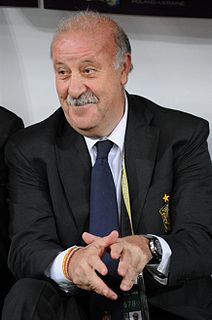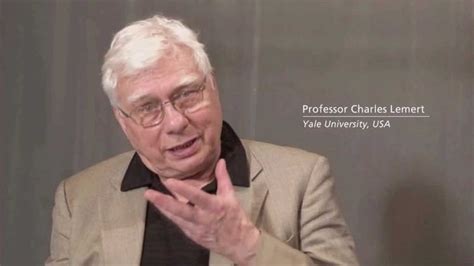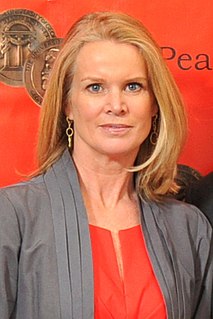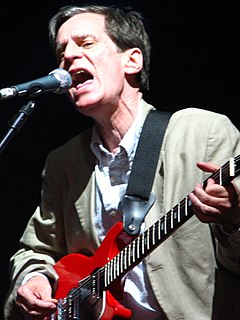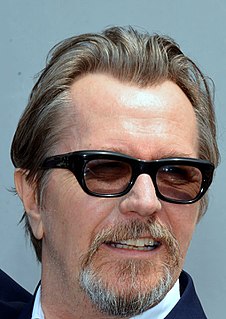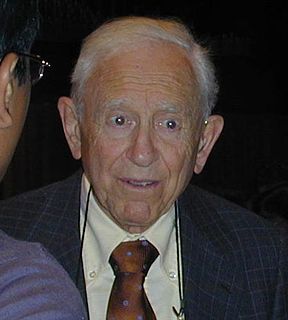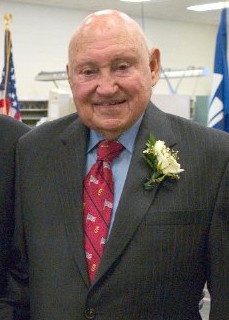A Quote by Raghuram Rajan
If economists were to wait for careful studies before offering opinions about policy, we would never have anything timely to say.
Related Quotes
Economics, over the years, has become more and more abstract and divorced from events in the real world. Economists, by and large, do not study the workings of the actual economic system. They theorize about it. As Ely Devons, an English economist, once said in a meeting: 'If economists wanted to study the horse, they wouldn't go around and look at horses. They'd sit in their studies and say to themselves, `What would I do if I were a horse?' '
Succinct, thorough, and masterfully researched-Thomas Medvetz has written a subtle and timely history of these fixtures of public debate in the United States. In the realms of culture studies, policy, and policy formation, there is no book quite like Think Tanks in America. Plus which, no one has understood, interpreted, then used Pierre Bourdieu's ideas better-so well that Bourdieu himself would have been pleased.
The people and the warmakers are two distinct groups. We must never say 'we' when discussing the US government's foreign policy. For one thing, the warmakers do not care about the opinions of the majority of Americans. It is silly and embarrassing for Americans to speak of 'we' when discussing their government's foreign policy, as if their input were necessary to or desired by those who make war.
The famous Zen parable about the master for whom, before his studies, mountains were only mountains, but during his studies mountains were no longer mountains, and afterward mountains were again mountains could be interpreted as an alleory about [the perpetual paradox that when one is closest to a destination one is also the farthest).
It distresses me deeply that ideas are not to be circulated freely in the USA if certain persons have their way. One of the things that was great about this country was that I could say anything and that everyone else could say anything and we would compare all possible ideas and arrive at opinions.


